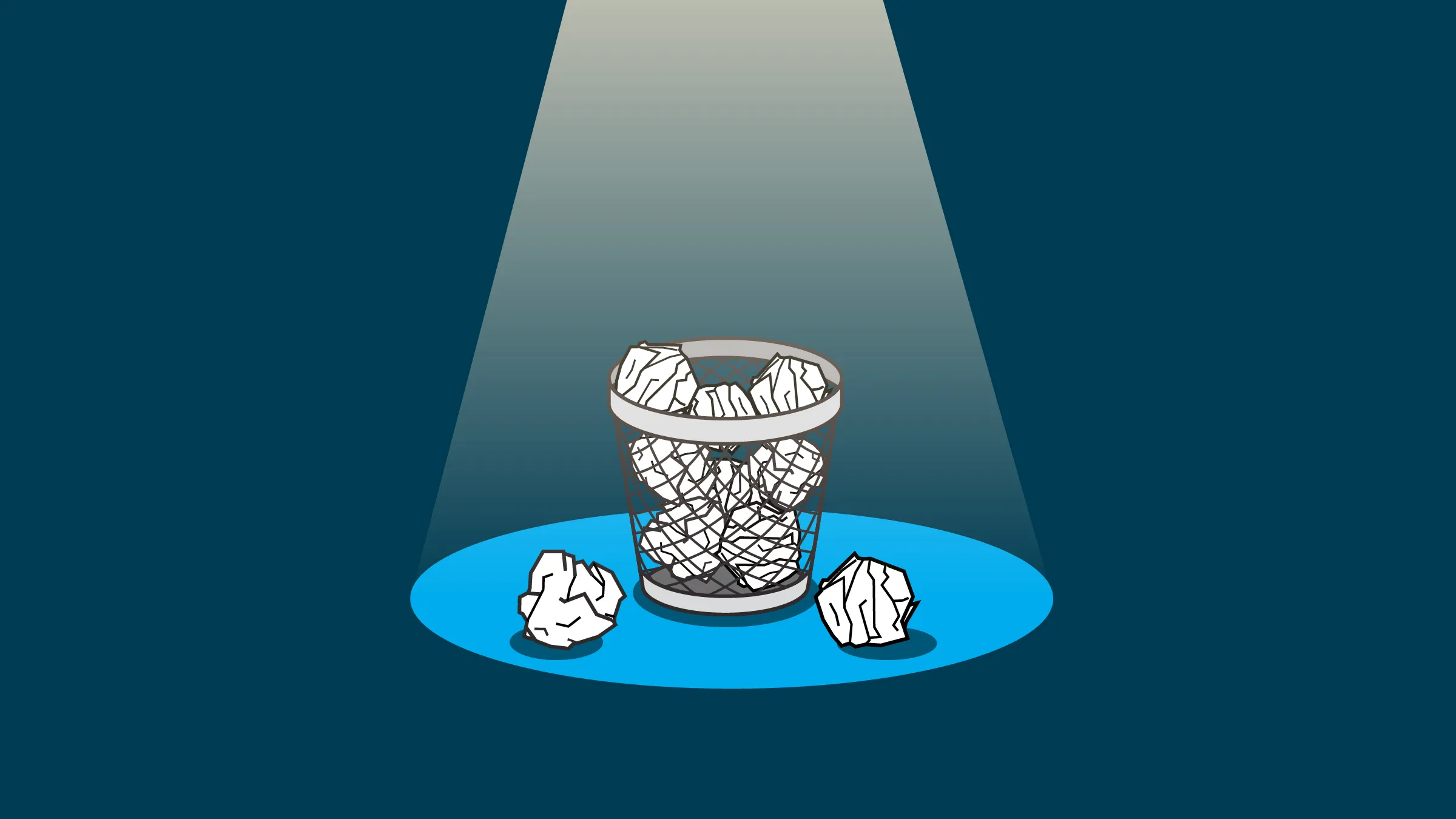What Happens to Old Tweets? The Risks of Leaving Your Twitter History Untouched
Twitter (X) has become a ubiquitous part of online life for many people. The short, pithy nature of Tweets makes it easy to dash off thoughts or reactions about almost anything. However, many Twitter users don’t consider what happens to all those tweets over time. Leaving years and years of Twitter history untouched poses risks that more people should be aware of.
Tweets Are Forever…Even The Ones You Delete
The first key thing to understand about your X history is that, for all practical purposes, your Tweets are permanent. Even if you delete a Tweet, it’s still out there in some way. Archiving historical Tweets and making them searchable has become an entire industry.
Take, for instance, TweetDelete, which maintains massive databases of deleted Tweets. In fact, there are open source archives like the ArchiveTeam X stream grabs which contain terabytes of Tweets going back to 2000’s. Large swaths of Twitter data are routinely archived by government agencies and researchers to be analyzed.
The point is, once you Tweet something, you’ve permanently released it into the digital wilderness. You may delete it from your timeline, but copies and archives of it will persist. However, few people will look for dirt on you on the websites of dubious archives. That’s why tools like https://tweetdelete.net/ exist, to ensure that your unwanted tweets remain in the hard-to-reach backwaters of the Internet.
Past Tweets Can Come Back to Haunt You
Tweets are permanent, so your X history is an ideological record of everything you’ve ever said out loud or shared in public. Tweets that once may not have even seemed worthy of a retweet can later be turned into something entirely unlike the original context.
We’ve seen this happen time and again with politicians and public figures. Old Tweets from a decade ago often resurface to stir current controversy. As a part of cancel culture, this refers to the trend of people digging through someone’s historical Tweets, finding something offensive, and creating a public backlash.
While cancellation may be most common among celebrities, ordinary people can face similar issues. Past Tweets could contradict your current values, beliefs and opinions in an embarrassing way. As more professional and social spheres integrate with social media, your Twitter history can absolutely come back to bite you.
Malign Actors Can Take Tweets Out of Context
The permanence and public nature of Tweets also makes them ripe for manipulation if left unchecked. Malign actors may look for ways to take your words and views out of context in an effort to undermine or embarrass you.
Historical Tweets are also used by political opponents to smear the other side. They may find an old Tweet that paints you as a hypocrite based on your current actions that don’t appear to line up with what you say. Tweets also provide a tool for extremist groups to monitor, target and harass people using snippets of information.
The risk of Tweets being used against you out of context rises substantially over long periods of time. The farther back in your history someone digs, the less likely surrounding details and nuances are to come to light. A decade-old Tweet lingers as a single data point, devoid of any framework for properly understanding it.
Tweets Can Reveal Too Much Personal Information
Many X users have a habit of casually Tweeting personal updates about their lives. Over many years, these mundane details can paint a vivid portrait that you may not want publicly accessible forevermore.
Savvy stalkers, scammers, identity thieves and other malicious actors can piece together details about your life and routines from snippets of personal information in old Tweets. This data can then fuel targeted social engineering attacks and other invasive behavior.
Think about all the things you may mention in passing on Twitter over a decade: vacation locations, schools attended, family member names, wedding anniversaries, places you frequent. Each detail seems trivial on its own. Combined, publicly searchable Tweets provide a goldmine to those seeking to exploit such information.
Best Practices for Managing Your Twitter History
Given the array of risks from accumulating years of Twitter history, it’s wise to manage your archive of Tweets intentionally. Here are some best practices to consider:
Regularly Review and Prune Old Tweets
Make it a habit to periodically review your Twitter history and prune unnecessary or compromising Tweets. The easiest option is to delete compromising Tweets as you find them. You can also make your account private so old Tweets are not publicly visible or searchable.
For advanced users, using a social media dashboard tool can help clean up Tweets in bulk. For example, TweetDelete offers filters to prune Tweets by date, keywords, interactions, images and more.
Disable Location Tracking
Twitter allows you to attach precise location data to your Tweets. However, you should disable this in your settings. There is no reason to reveal your real-time or historical locations publicly.
Be Wary of Connecting Third-Party Apps
Be cautious when authorizing third-party apps and services to access or post to your Twitter account. Once granted access, they can glean a lot of background data from your account and Tweets. Avoid connecting apps unless completely necessary. Routinely audit approved apps and remove any that seem suspicious or no longer needed.
Use Throwaway Accounts for Controversial Topics
If you intend to discuss polarizing issues or beliefs on X, consider using a separate throwaway account detached from your identity. This allows you to opine freely without worries of future backlash tied to your name and reputation. You can manage multiple accounts from the same mobile device while keeping them completely separate.
Export Your Data for Personal Archiving
For posterity’s sake, you may want to privately archive important portions of your Twitter history outside the platform. Twitter offers an account settings option to request an archive of your Tweets, photos, profile information, lists and more. You can then store this archive locally as a personal record.
What Happens When You Die?
An emerging issue as more people pass away is what becomes of their digital histories. This includes X accounts memorializing the daily thoughts and activities of deceased users in perpetuity.
Twitter has established a process for immediate family members or estate executors to request account removal on behalf of a deceased person. But if no one intercedes, tweets may linger indefinitely as a posthumous record.
However, the issue of managing digital accounts and assets after death remains complex. Laws and company policies around “digital inheritance” are still evolving and legally ambiguous in many areas. But it’s an important thing to consider and potentially address in your will.
Is It Time to Let Go of Twitter?
For those concerned about long-term privacy, information exposure and legacy preservation, deleting your Twitter account may be the best recourse. While your Tweets will continue living on in various archives, severing ties removes continued access and cuts off any further accumulation of history tied to your name.
However, outright leaving Twitter may not be feasible or desirable for many professionals, activists, artists, and public personalities. In these cases, vigilance is required to prune your history over time. There are also emerging reputation management services designed specifically to monitor and suppress the spread of harmful online information as necessary.
Conclusion: Your Tweets = Your Permanent Record
Twitter provides an incredible platform for exchanging ideas, building community, promoting brands and more. And there’s certainly nothing inherently dangerous about Tweeting. The risks emerge through complacency and failure to appreciate Twitter’s power as a permanent record.
With some foresight and consistent effort, it’s possible to shape your X history and online footprint over time actively. However, neglecting your accumulation of tweets and connections enables that data to be used in unintended and potentially hazardous ways.
Be thoughtful, be selective and take ownership of your Twitter presence. The Tweets must flow, but ensure they flow responsibly. Your future self will thank you.





![15 Proven Social Media Content Strategies [Every Creator Must Master in 2025]](https://www.verifiedzine.com/wp-content/uploads/2025/01/AD_4nXdyVUCO5SVIzgUnbixKEIbCzOIm-768x432.webp)
